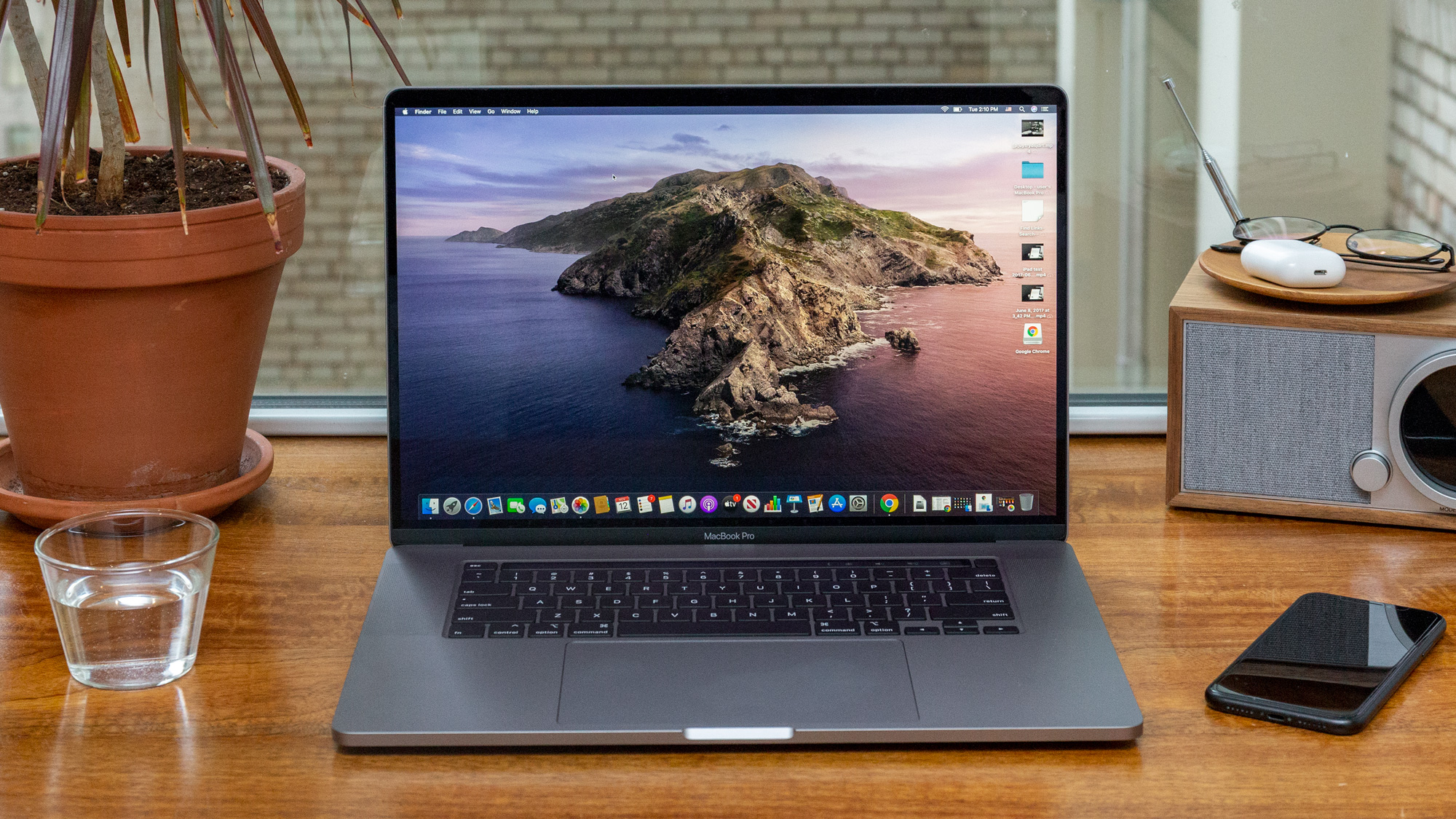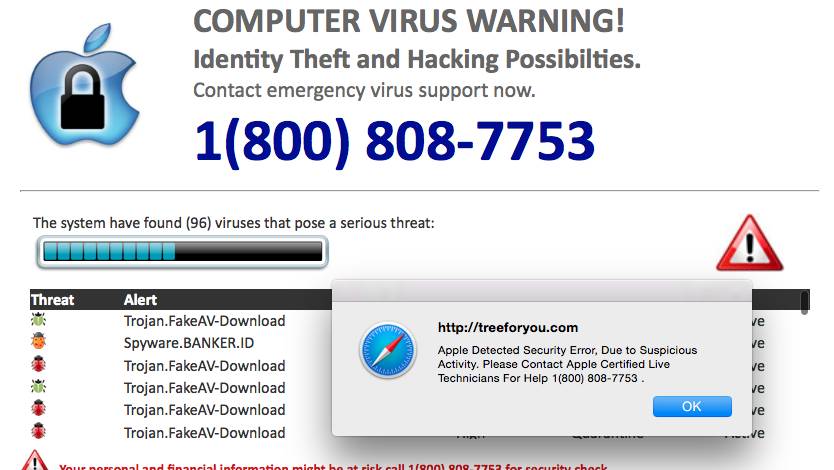Nasty MacBook Pro pop-up scam preys on unsuspecting victims — don't be fooled
A new version of an old Apple tech support scam has been spotted

Sign up to receive The Snapshot, a free special dispatch from Laptop Mag, in your inbox.
You are now subscribed
Your newsletter sign-up was successful
An old Apple tech support pop-up scam has resurfaced, leaving a MacBook Pro owner $2,000 out of pocket after being warned hackers had taken over the laptop.
The Macbook pop-up scam appears to be a new version of an older trend first spotted by anti-malware software company Malwarebytes. Unsuspecting Apple users are tricked into thinking their Mac is riddled with spyware and hackers are taking control. The old ways aren't dead yet.
- The best MacBook deals for April 2021
- 16-inch MacBook Pro 2021: Release date, price, specs and more
- Best MacBook in 2021: Which Apple laptop is best?

A recent report on USA Today details how one Mac owner became a victim of the scam, despite being "tech-savvy." While using Google Chrome, a pop-up window alert warned the user that hackers were taking control. It then asked to call the phone number on-screen for help.
While the site itself does look dodgy (similar to the image above), it's the Apple pop-up that unfortunately looks official and trustworthy. Apple never sends these types of pop-ups, so never trust it if you see one.
Contacting the number leads to a fake Apple support customer service, where the scammers will either ask for your financial details or ask to take remote control over the MacBook to resolve the issue or download a diagnostic app.
The scammer asked the user to download TeamViewer from the Apple App Store. From there, the scammer asked to make sure their financial account was secure by transferring money over to the "official technician." Unfortunately, it's a nasty scheme that worked.
While Apple is known for its security measures, especially on its App Store, there are still scams on the internet that can fall through the cracks that target unsuspecting victims.
How to stop pop-ups
To make sure you don't encounter this problem, you can block pop-ups on Apple's Safari by making sure the browser's security settings are turned on, particularly for "Block Pop-ups" and "Fraudulent Website Warning." You can find this by heading to Safari's "Preferences" option. Also, check out how to stop pop-ups in Chrome.
As always, if something feels suspicious, or anyone asks for your financial information or access to your laptop, head to Apple's official support website and call Apple Support before engaging. Better safe than losing $2,000.
(H/T BGR)
Sign up to receive The Snapshot, a free special dispatch from Laptop Mag, in your inbox.

Darragh Murphy is fascinated by all things bizarre, which usually leads to assorted coverage varying from washing machines designed for AirPods to the mischievous world of cyberattacks. Whether it's connecting Scar from The Lion King to two-factor authentication or turning his love for gadgets into a fabricated rap battle from 8 Mile, he believes there’s always a quirky spin to be made. With a Master’s degree in Magazine Journalism from The University of Sheffield, along with short stints at Kerrang! and Exposed Magazine, Darragh started his career writing about the tech industry at Time Out Dubai and ShortList Dubai, covering everything from the latest iPhone models and Huawei laptops to massive Esports events in the Middle East. Now, he can be found proudly diving into gaming, gadgets, and letting readers know the joys of docking stations for Laptop Mag.
